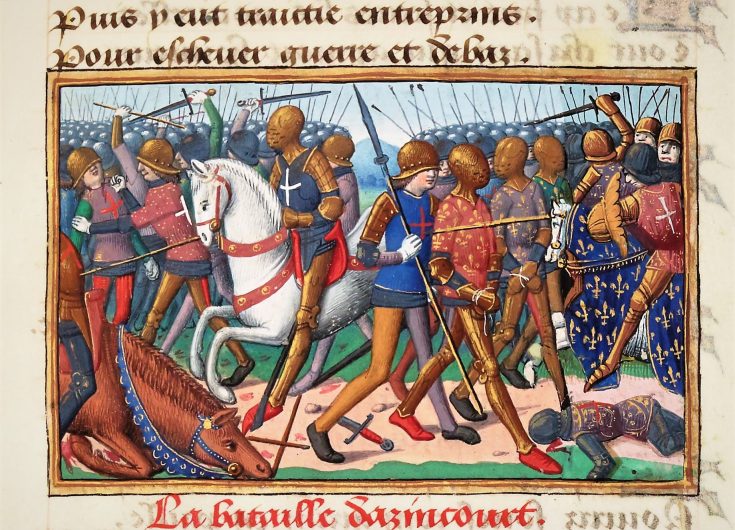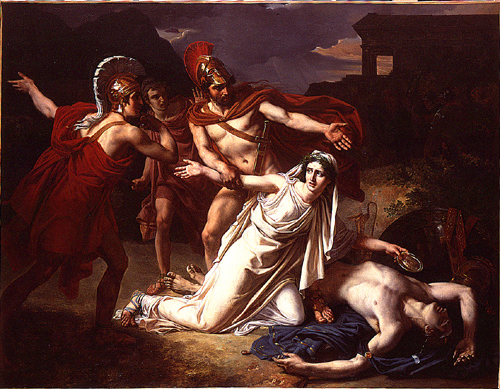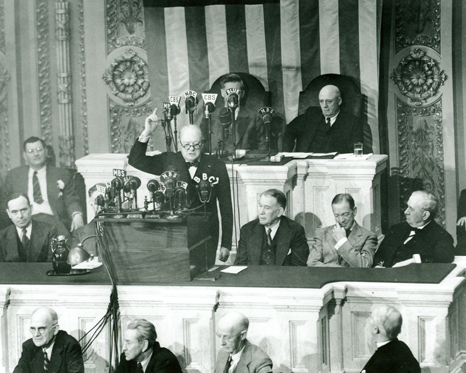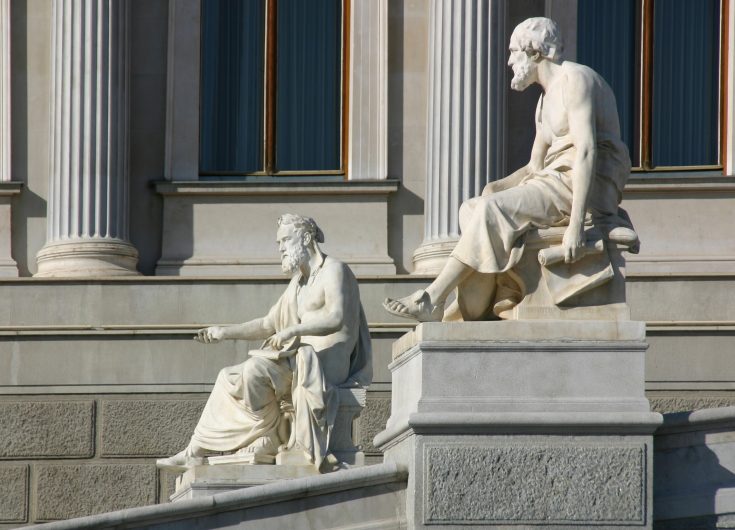

Are We all Clausewitians Now? Reflections on the Work of John Keegan
“I have not been in a battle; not near one, nor heard one from afar, nor seen the aftermath.” Thus John Keegan, later Sir John, began his landmark book, The Face of Battle: A Study of Agincourt, Waterloo, and the Somme, published in 1976. Despite this bit of caution, Keegan’s book was immediately hailed as a classic; one that conveyed what the experiences of combat was like for the participants, above all the common soldier.




